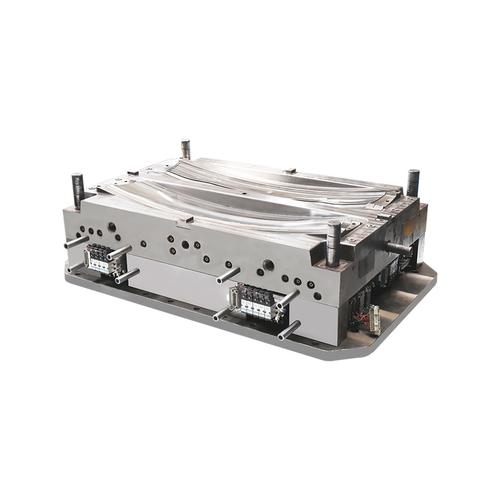Patrocinados
Car Part Mold Durability Tips

For auto parts manufacturers, a high-quality car part mold is non-negotiable—it directly impacts product precision, production efficiency, and long-term costs. But with diverse molds for components like bumpers, door handles, and gears, selecting the right one can be tricky. Let's answer critical questions to simplify your decision.
What Materials Matter for Car Part Molds?
Mold material dictates durability and part quality. The gold standard is pre-hardened steel (e.g., P20, 718H)—it resists wear from repeated injections (up to 500,000 cycles) and maintains precision for complex parts. For high-volume production (1 million+ cycles), use hardened steel (H13, S136) for superior heat resistance. Avoid low-cost aluminum molds for critical parts—they deform easily under high injection pressure, leading to defective parts.
How to Ensure Mold Precision for Auto Parts?
Precision hinges on mold design and machining. Look for manufacturers using CNC machining and EDM (Electrical Discharge Machining) for tight tolerances (±0.01mm)—vital for parts like engine components. Ask for a 3D mold simulation to test for potential issues (e.g., air traps, uneven filling) before production. Also, check if the mold has cooling channels—proper cooling reduces cycle time and prevents part warping.
What Maintenance Boosts Car Part Mold Lifespan?
Neglecting maintenance cuts mold lifespan by 40% on average. After each production run, clean the mold cavity with a soft brush to remove resin residues—avoid abrasive tools that scratch the surface. Lubricate guide pins and ejector pins weekly with high-temperature grease to prevent seizing. Inspect for cracks or wear monthly, especially around the cavity edge. Store molds in a dry, temperature-controlled area to avoid rust.
How to Pick a Reliable Car Part Mold Supplier?
A trustworthy supplier delivers on quality and service. Check their industry experience—prefer those specializing in auto molds (not general plastic molds) for deeper expertise. Ask for case studies (e.g., molds for automotive interiors) and client references. Ensure they offer post-sales support: on-site mold debugging and repair can save you weeks of downtime. Transparent pricing (including design, machining, and testing) avoids hidden costs.
Prioritize steel materials, precision machining, and proactive maintenance, and partner with a specialized supplier. With the right mold, you'll streamline production and meet the strict standards of the automotive industry!







